Sam Bahadur movie review || Indian war hero Sam Manekshaw is the guy who can do no wrong
Director: Meghna Gulzar
Cast: Vicky Kaushal, Sanya Malhotra, Zeeshan Ayyub, Neeraj Kabi, Fatima Sana Sheikh
Run-time: 145 minutes
Storyline: The exploits and accomplishments of Sam Manekshaw, the architect of India’s victory in the Bangladesh war
What happens in a film when a soldier wins wars, but a filmmaker loses? A strange mix of pride and pain; the joy of a moment revisited but the sigh of an opportunity missed. What happens in a film when a soldier wins wars, but a filmmaker loses? Sam Bahadur.
Filmmaker Meghna Gulzar turns her always-sensitive gaze to chronicle the glorious life of India’s first field marshal Sam Manekshaw in her sixth feature-length directorial, which benefits majorly from a career-defining act by its leading man Vicky Kaushal. Meghna and team offer the actor an exceptional part and platform — and then hand him an average film.
Vicky morphs into the titular role with the physical and emotional transformation that he is now known for. His men are tender and safe –Masaan, Love per Square Foot, and Raazi; they are indecisive and unpredictable –Manmarziyaan and Raman Raghav 2.0; and also heavyweights with a mission in mind — Sardar Udham. But it is this weight of his performance in Sam Bahadur that particularly hurts because the film is determined to be light-footed even when Vicky isn’t.
With its shockingly clinical, episodic, and documentary-style treatment, Sam Bahadur could be an indicator–and a timely reminder– that Meghna Gulzar, after having delivered two of the most memorable films of the last decade, Talvar and Raazi, is falling into a pattern that she needs to explode out of. Sam Bahadur is perhaps one of the rare films with a constant prefix- well-researched, well-intentioned, well-shot, well-performed. But does good politics and heart in the right place make a good film?
At best, Sam Bahadur feels like a reminder of gentler ideology even in conflicted times. There is a life well lived by a man who saw four wars, charmed women, didn’t blink an eyelid while calling the Prime Minister ‘sweetie’, understood friendship, felt the pain of separation, and was always ready for the nation. Always armed to win.
And yet, the film–co-written by Bhavani Iyer, Shantanu Shrivastava, and Meghna–feels like a long, fragmented history lesson. Never quite anchored, floating through eras, grounding momentarily for a battle sequence, and then taking off again to be just… vapid. Simplicity isn’t its problem, but its emotional detachment with its hero and his story is. It is not enough to see a life well lived, it’s also important to feel what that living means.
Here’s where Sam Bahadur, despite mighty talents attached across the board, falters. It forgets a crucial tip while dealing with history in cinema: lessons are in chapters, but films run through narratives. Lessons are meant to inform us, but films are meant to involve us. The expectation for Sam Bahadur was not to be another Uri the Surgical Strike– a high-scale military actioner also headlined by Vicky–nor to be a Raazi, which was a taut, sensitive Indo-Pak thriller, but to at least be immersive.
To argue, Meghna’s last directorial, Chhapaak, benefited and lost out because of the same reason. The film, which was co-written by her and Atika Chohan, followed the life of acid attack survivor Laxmi Agarwal, largely, with the determination and approach of a documentary. But in the world of Malti, played to a haunting brokenness by Deepika Padukone, the device helped. It stripped off every baggage, every layer of stardom to place viewers right where it hurt.
But it also stopped Chhapaak from operating at a scale of emotional devastation that was needed. It felt oddly cold, very detached despite all the good intentions. It felt dry. Sam Bahadur operates at a similar level. It places us with Sam in battlefields, in his house, when he is flirting, when he is firing, when he is winning or when he is planning how not to lose. Yet, everything is from a distance, rarely immersive. Even when the camera moves closer to his face, to capture his mind and heart, it hardly feels intimate.
There are no stakes too high in Sam Bahadur, and no lows too gutting. It is not bad, it’s not good. It can be best described using a quote of Sam Manekshaw from the film: ‘I am… ok.’


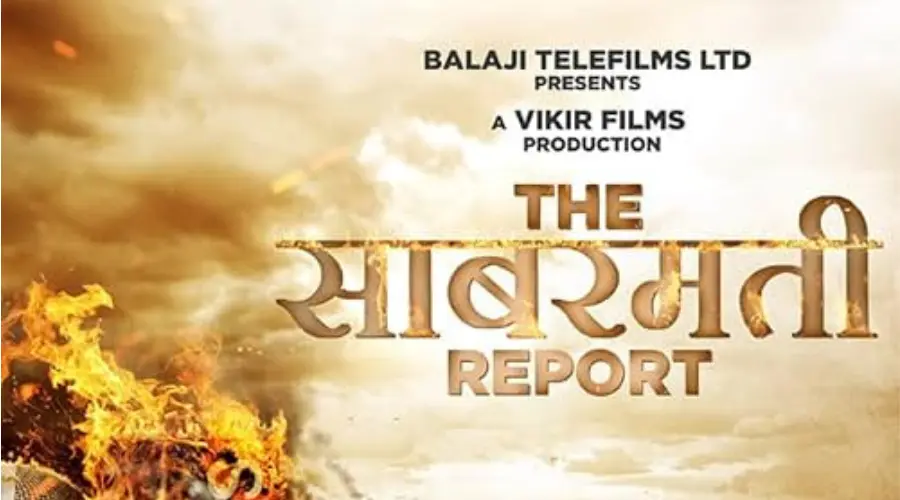
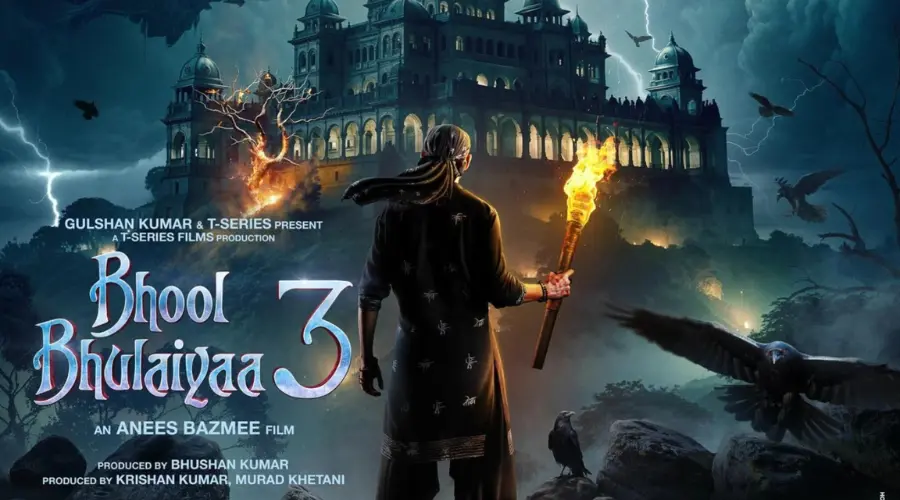
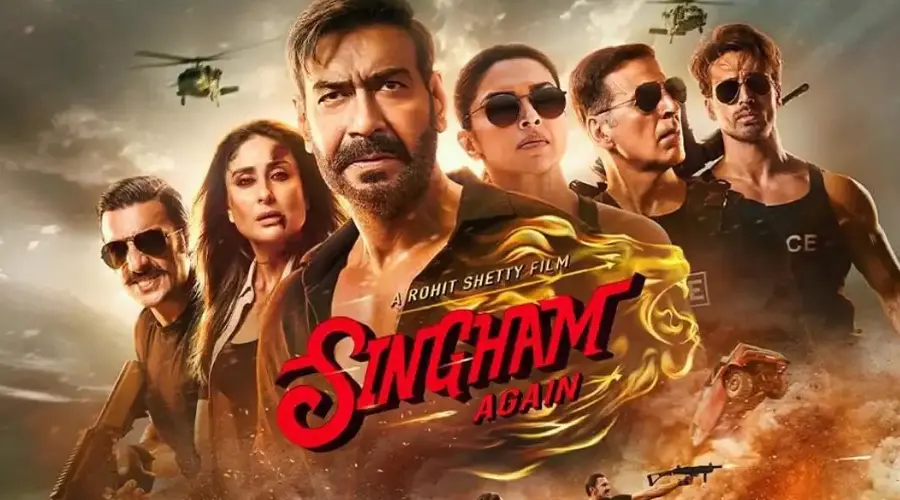
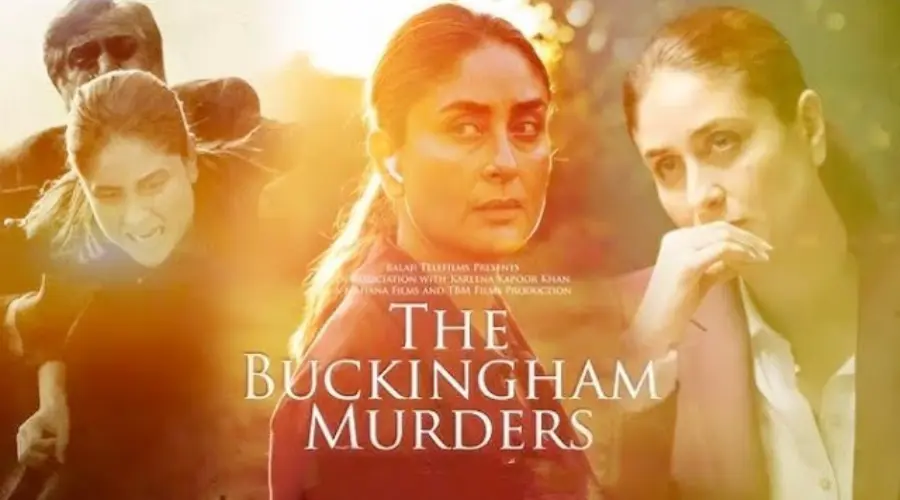
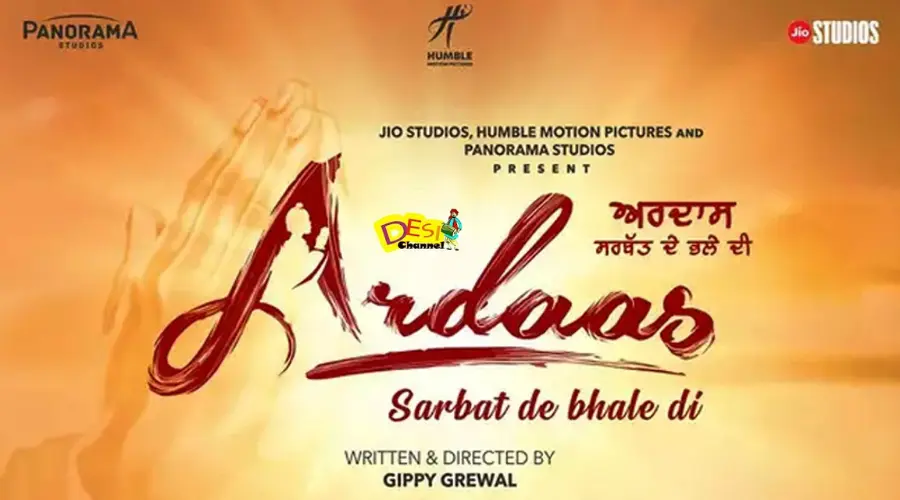
Comments (0)